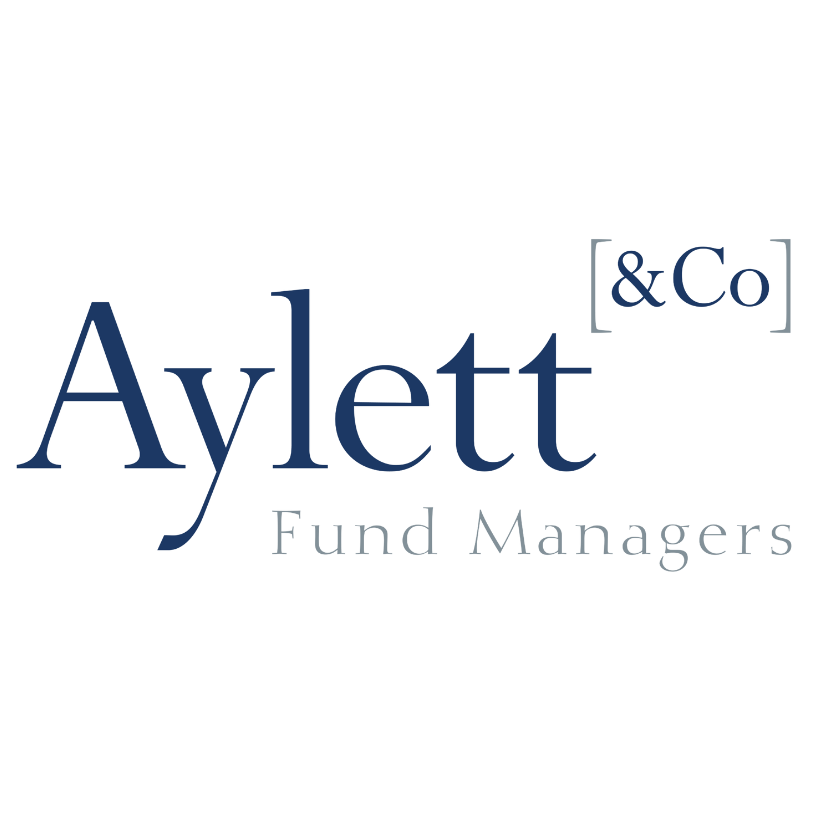
Our Thinking
How we think
Good investments are made despite prevailing market conditions by investing wisely and on the right terms. This requires patience, investing intelligence and respect for the long-distance horizon – principles we uphold ourselves and encourage in our clients.
Markets are essentially trading exchanges often driven by fear and greed. In recent times investors have experienced the highs of a prolonged bull market followed by dramatic lows and systemic global uncertainty. We operate and manage assets in volatile times calling for measured, rational investing.
Investment pearls of wisdom tend to be uncomplicated and unchanging. Sticking to a simple set of basic and sound investment principles makes up much of what it takes to preserve investor capital and grow it in a rational fashion.
What is it worth?
Our thinking is actioned by a robust and disciplined investment process. Deep thought and thorough analysis lies behind investment decisions we take. We read voraciously, debate freely and spontaneously, and research ideas meticulously in our job as fund managers. We employ well designed systems that produce the data needed to feed into our decisions and research.
A blend of mainly proprietary research, and some broker research is used, the combination of which is decided by a clear equity focus demanded locally due to the limited size of the JSE, relatively speaking, and critical globally, due conversely to the market enormity and scope of “the rest of the world”. In simple terms the true worth of an investment rests in proper facts and sound financials, not in market sentiment.
We buy assets
We are bottom-up in our thinking, allocating capital in a rational manner. We build portfolios based on asset analysis, understanding cash flows and seeking mispricing, rather than trying to predict the economy. We look for strong and sustainable business models, managed effectively and priced well. We look for good assets first, mispricing second – that order matters.
Shares are evaluated, not by a fluctuating ticker or a graph on a screen, but by what they represent, a certificate of ownership. We critically value each company much as an owner would evaluate his own business. Ideal portfolio companies are in industries with favourable economics, have a business model we can understand and are run by management that are both good operators and good capital allocators.
We are patient
In an industry driven by benchmarks and peer reviews, it demands conviction and tenacity to buy and hold out-of-favour companies which often require the benefit of time to reflect fair value.
We make these investment decisions across the globe, where our mandates allow this flexibility. Overlaid will be investment decisions regarding world currencies, bonds, equity sectors and country-specific equity markets. Our objective is to preserve investor capital in real terms and to grow this purchasing power over the long term. The client mandate informs how we invest and where this investment occurs.
Our philosophy
We are rational, bottom-up in our thinking, looking at assets rather than at the economy.
We favour assets supported by a strong and sustainable business model, managed effectively and priced well.
Risk for us is the permanent loss of capital, and our focus is to avoid it. To that end considerable time and effort is spent understanding the downside. We include a margin of safety when making investments and are strong advocates of managing risk by not overpaying for an investment.
Our ethos
Our Code of Ethics is clearly stipulated and we apply the highest possible standards of correctness, legality and fairness. Our guiding principal is one of “rightness” – we invest when the terms are right, we conduct our processes and company affairs in the right manner and we stay on the side of what is right.
In Aylett & Co. speak “close to the line is out”.
Our cost ethos would be the envy of many other investment houses. We are relentless in keeping costs in check and find that this principle has a fascinating way of influencing professional behaviour, team mentality and investment discipline. Short cuts are not a clever way to save costs. Instead we are always looking at smarter and better ways of doing things for less. Rather like buying at a discount on the basis of clever research. Technology is a major contributor to doing business more cost effectively.






